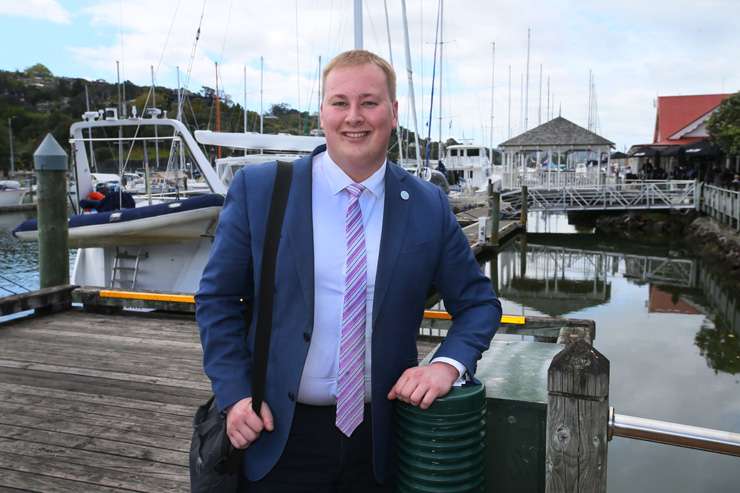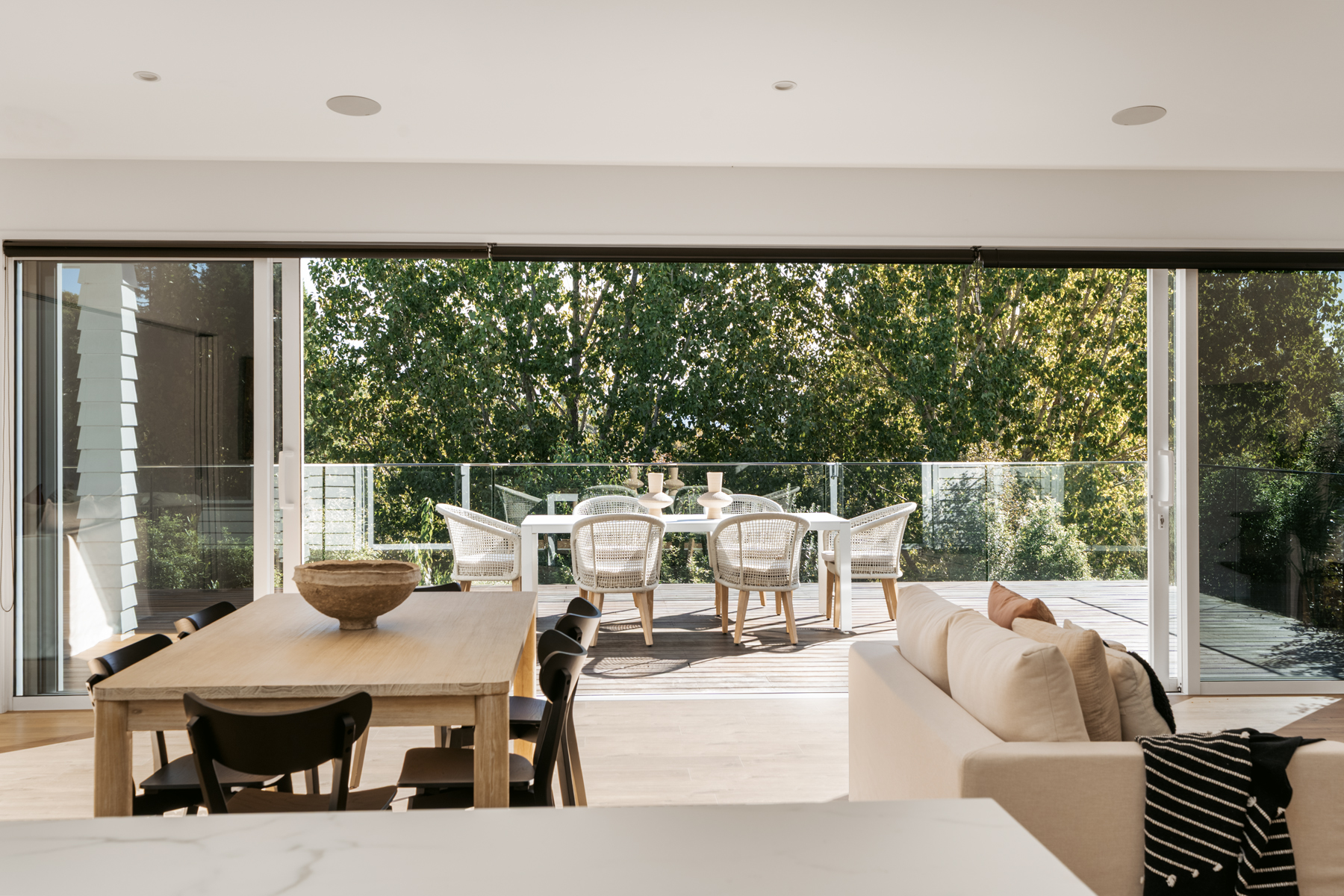As interest rate rises start to bite, social media is alight with predictions of 10% mortgage rates by mid-2023. Followers of one particularly prolific social media poster “The Profit” are convinced mortgage rates will punch through the 10% barrier.
OneRoof asked commentators if they thought interest rates could hit the double digits. “Never say never”, they replied, but they also gave plenty of reasons why home-owners are unlikely to be hit with mortgage rates last seen more than 10 years ago.
Although he thinks it is unlikely that mortgage rates will hit 10% in the current economic cycle, Kiwibank chief economist Jarrod Kerr says it’s “certainly not out of the realm of possibility”.
He points out that the Official Cash Rate (OCR) was 8.25% and floating interest rates were above 10% just before the global financial crisis struck in 2008.
Start your property search
“That's a little bit over a decade, but it just shows you don't have to go too far back in history to see this.”
While the inflation figures announced last month worse than many had expected, the language from the Reserve Bank of New Zealand and other central banks around the world has softened in recent weeks, suggesting the peak may be near, Kerr says.
Another factor to consider is that most people buy homes in spring and fix mortgages for a year or two. That means we’re at the time of the year when mortgages roll off fixed rates. Around 45% of mortgages are set to roll off lower fixed rates over the next four to six months, he says, and only then will the real impact of OCR rises be truly felt. Homeowners will have their discretionary income cut, which in theory will bring inflation down.

Kiwibank chief economist Jarrod Kerr: “You don't have to go too far back in history to see this.” Photo / Fiona Goodall
Infometrics principal economist Brad Olsen says social media commentary around rates is not surprising. The OCR is tipped to hit 4% later this month, while fixed mortgage rates are already above 7%, which has been a shock to some homeowners.
Olsen believes the OCR will peak at around 5%, which isn’t high enough to push mortgage interest rates above 10%. “To get a 10% mortgage interest rate, you are looking at an OCR of around 7.5%. That’s very unlikely, but you never say never.”
CoreLogic head of research Nick Goodall says 10% interest rates “seem unlikely”. To get there, inflation would need to continue rising or at least remaining at its current rate for a significantly longer period than predicted.
“There are consequences to raising the OCR, which include slowing down the economy and pushing us into recession, as well as potentially lifting the unemployment rate and decreasing wealth in the property market, which the government has acknowledged needing to protect the value of our largest assets.”
If the economy goes into recession and unemployment rises, the RBNZ is likely to rein in the OCR, says Goodall.
Broker Campbell Hastie, of Hastie Mortgages, doesn’t rule out 10%, although he’s not predicting it.
“The trouble is that we don’t know when the peak will be or how high it will be,” he says. “I remember [Reserve Bank Governor] Don Brash having a hell of a job putting the brakes on things in the late 2000s. And then it all went pop with the GFC of course. We’ve been there before so it’s possible that we could go there again. That’s not my prediction, though.

Infometrics principal economist Brad Olsen: “To get a 10% mortgage interest rate, you are looking at an OCR of around 7.5%.” Photo / New Zealand Herald
“If rates get to 10% it won’t be because they need to go that high to tame inflation. It’ll be because central bankers want an inflation result sooner rather than later.”
When asked if rates could hit 10%, Kris Pedersen, of Kris Pedersen Mortgages, replied that if they did hit 10%, it would only be floating rates, not fixed rates. Even then he doesn’t believe we will see 10%. “I think carded floating will hit the 9s and we will have some fixed rates hit early sevens.”
Accountant Garreth Collard, of EpsomTax.com, says he remembers his parents paying 19% on their mortgage in the 1980s. “So, it's happened in relatively recent memory,” he says.
He predicts rates will peak at seven or eight percent, with 10% “not likely”.
Inflation is still at risk of rising, he adds, which is what leads to interest rate rises. “Instability in Europe to put it mildly and the looming threat of a Chinese invasion of Taiwan. The talk is about the edge coming off inflation. But then if you look at the US, that's not happening there.”
Collard has been talking to others in the accounting and finance industries and doesn’t believe there is appetite for an 8% OCR, which they believe would be needed for 10% mortgage rates. “The politicians wouldn't want to go there because it looks pretty bad for them.”



















































































